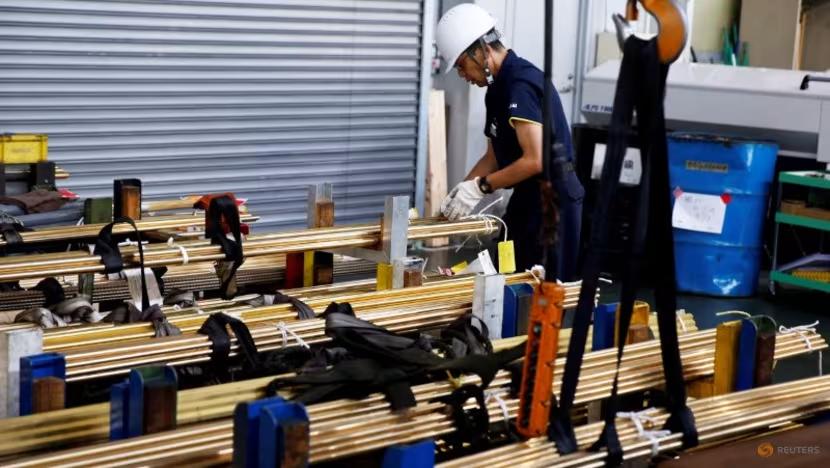
Factory Activity Continues to Shrink
Japan's manufacturing sector has experienced a sixth consecutive month of decline, according to the latest purchasing managers' index (PMI) data. The au Jibun Bank flash Japan manufacturing PMI dropped to 49.5 in December from 49.0 in November, remaining below the crucial 50.0 threshold that separates expansion from contraction.
This ongoing contraction is largely attributed to lackluster demand, a trend that has persisted since June. Economists note that while the pace of decline has slowed, the sector's challenges are far from over.
Service Sector Shows Resilience
In contrast, Japan's service sector has continued to show gains, with the au Jibun Bank flash services PMI rising to 51.4 in December from 50.5 in November. This marks the strongest rise in new business for services firms in four months, highlighting the economy's increasing reliance on services.
However, despite this growth, business confidence in the factory sector has softened to its lowest level since May 2022. Persistent cost pressures are also evident, with input inflation climbing at the fastest pace in four months and output prices surging to their highest level since July.
Mixed Outlook for the Economy
The au Jibun Bank flash Japan composite PMI, which combines both manufacturing and service sector activity, stood at 50.8 in December, up from 50.1 in November. While this indicates overall economic stability, companies are concerned about the future, anticipating worsening business conditions due to soft global demand and potential trade policy changes under the new U.S. administration.
The latest data underscores the complex challenges facing Japan's economy, with the manufacturing sector struggling and the service sector showing resilience. As the global economic landscape evolves, Japan will need to navigate these challenges carefully to maintain stability and growth.









Comments